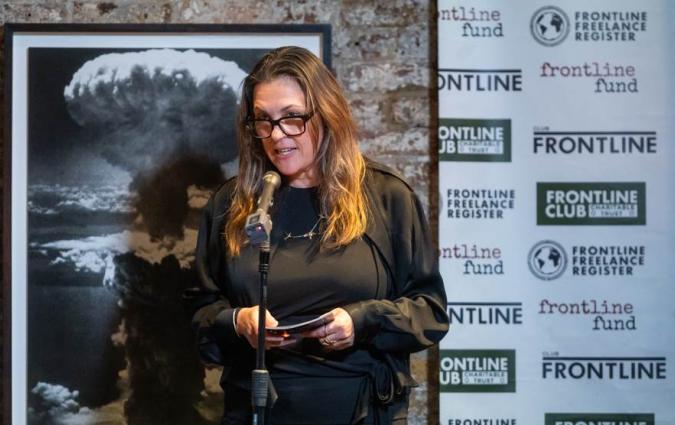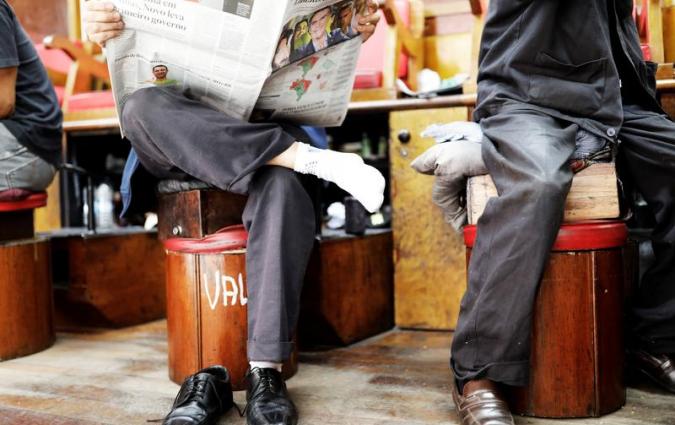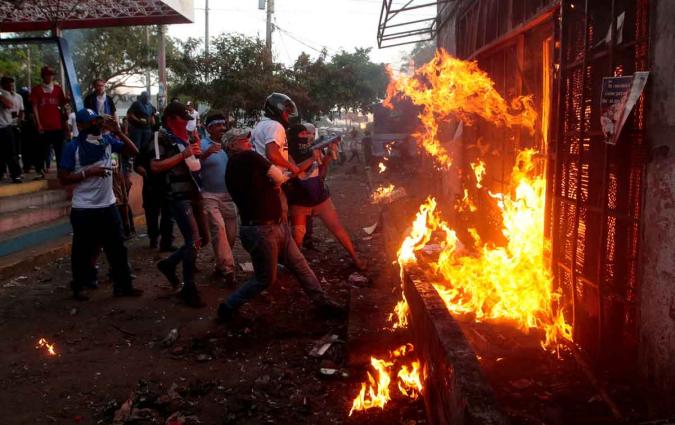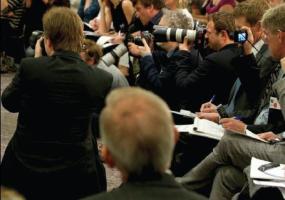Speed vs Accuracy in Time of Crisis

Reuters Institute Fellow's Paper
Reporters and editors all agree that accuracy is fundamental to good journalism. But when it comes to emergency news in the 24 hour news cycle, they face a huge dilemma: can accuracy be compromised for speed, and if so, to what extent? This conundrum of ‘speed vs accuracy’ weighs particularly heavily on public broadcasters who are funded by viewers’ money and where a sense of duty is felt across the organisation to function as a trusted guide in a time of national crisis.
Reiko Saisho, a senior correspondent at NHK, has written a research paper on this subject which examines in detail how the BBC and NHK covered their own national crisis, learnt lessons from their shortcomings, and adopted new styles of reporting. Here’s how she summarises her findings: “In the BBC, it was the London bombing in 2005 that shifted its thinking on accuracy and speed. The BBC accepted the huge potential of User Generated Content (UGC) to inform the story even when there were no reporters at the scene of the event.
UGC developed to become an integral part of its news gathering, but it also brought new challenges of how to maintain its standard of accuracy. To respond to the problem, BBC has put in place rigorous verification procedures and clear guidelines for correcting mistakes. Above all, the organisation now emphasises a new principle of transparency. “The threshold for NHK was in 2011, when Japan was hit by a mega-quake triggering a subsequent disaster in the Fukushima nuclear plant. The damage to the infrastructure hindered journalists from getting information from conventional sources and together with the fear of causing anxiety, prevented them from updating audiences with the latest information. NHK reflected on how to deliver information given a context of uncertainty, such as before the tsunami arrived on land, or on radiation material fallout before any reading is confirmed. It has led editors to rethink accuracy - not a definite accuracy, but what could be derived from the best possible judgment under difficult circumstances.
“Looking at the two cases confirms there is no single answer or equation to emergency broadcasting. Each case is unique with different challenges. But the paper concludes that the accuracy per se is not good enough in the current digital era; it must quickly deliver information available at that time to remain relevant to its audiences. Eliminating all errors is not realistic and the test is whether journalists have made appropriate efforts and taken reasonable steps to verify information. In doing so, the cornerstone is the values the organisation and individual journalists stand for.”
As with all Fellows’ research papers, any opinions expressed are those of the author and not of the Institute.






